If you’ve ever felt let down by a new game, we know how you feel — we’ve been through this pain time and time again. You’ve been waiting for that next big, highly anticipated game for years, it finally releases and then bam: you’re just filled with disappointment. It doesn’t necessarily mean that the game in question is bad, just that it didn’t live up to the hype of the marketing, previous games, or quality expected from the development team.
Following on from the disappointing release of Cyberpunk 2077, we’re going to look at some of the other soul-destroyingly disappointing games to ever grace the gaming world. Also, to reiterate: we aren’t saying that these games are bad, just that they were disappointing, they may have disappointed just their core fanbase, or maybe they just upset everyone. Also, just to be clear, there’s no ranking system at play here, so don’t take the position of your favourite to heart.
1. Death Stranding
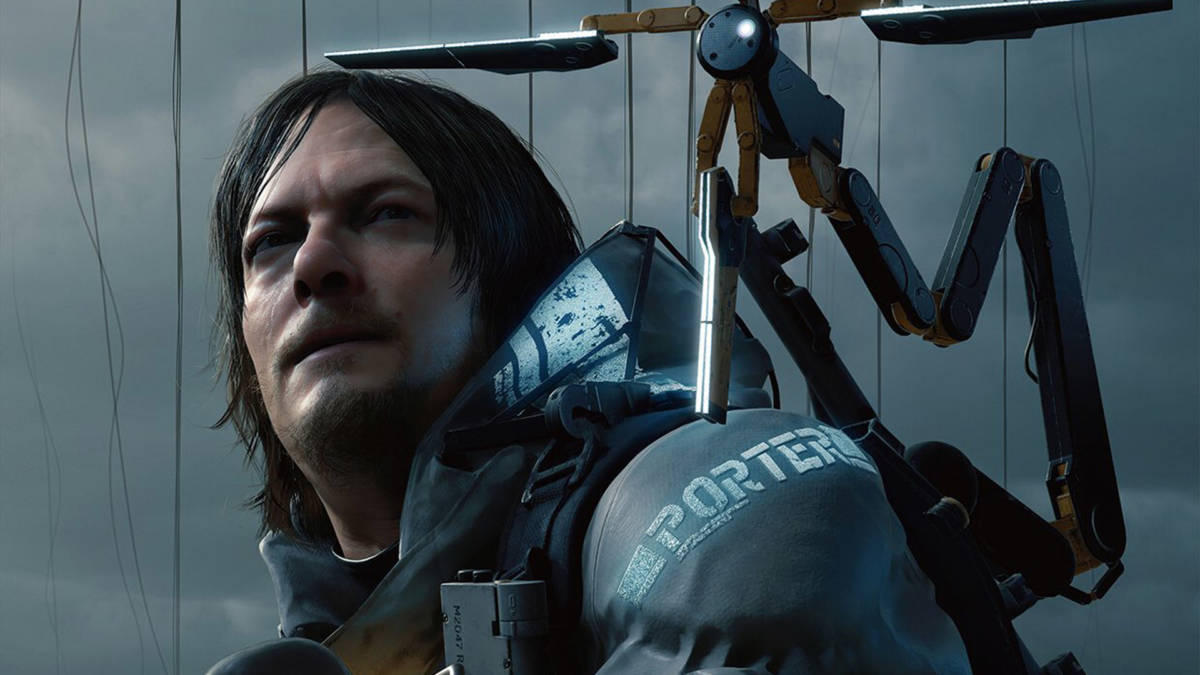
Developer: Kojima Productions
Publisher: Sony Interactive Entertainment, 505 Games (PC)
Platforms: PC, PS4
Hideo Kojima is considered a bit of a gaming god in some circles. His mystique and unique development style helped craft some of the greatest games of all time, including the Metal Gear series, Zone of the Enders and Snatcher, amongst others. He also influenced endless modern horror games with P.T, which is impressive if you consider the thing was basically a tech demo.
After P.T, everyone’s eyes were on Kojima, waiting to see what he created following his departure from Konami. That game would be Death Stranding, a game that was kept under wraps for a long long time, and there wasn’t much actual gameplay footage prior to release. This, along with abstract and unclear trailers, allowed for anticipation to grow to fever pitch levels. At release, it was met with critical acclaim, but also with a touch of confusion from some fans.
While Death Stranding was a mysterious and stylish piece of sci-fi, many fans felt confused when it turned out to be a ‘deliver-em-up’. A large number of fans expected the next Metal Gear Solid, or even Silent Hills. Kojima had delivered something new that many took to their hearts, but some fans felt confused and disappointed.
2. Fallout 4
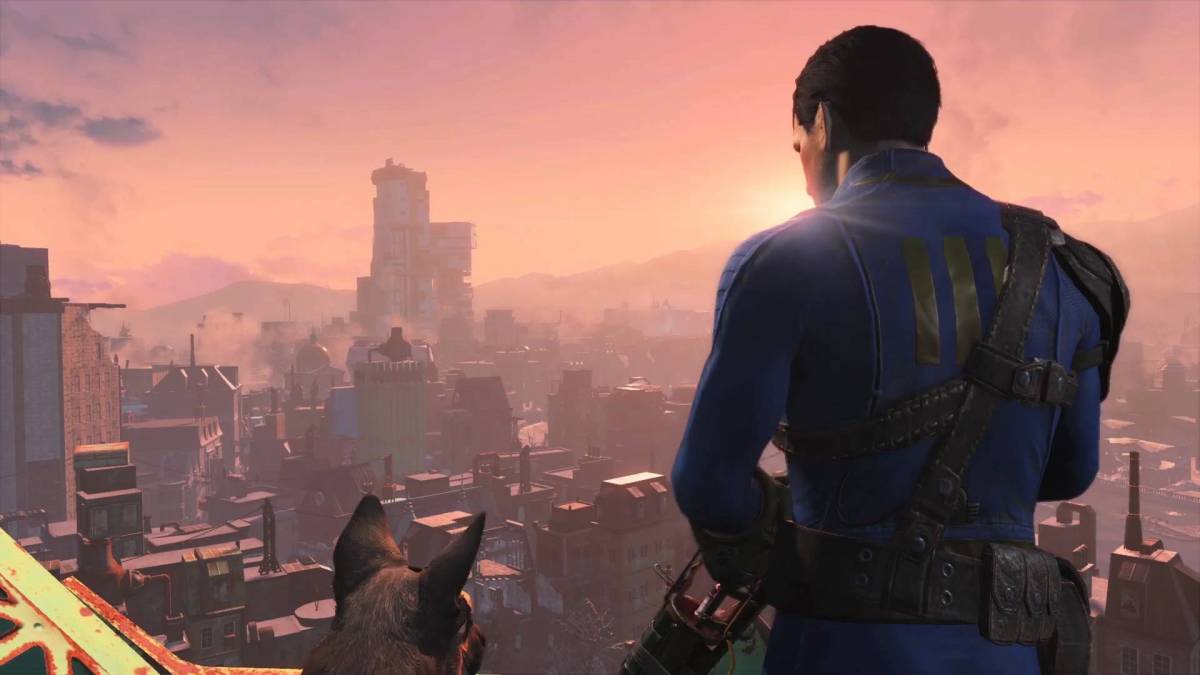
Developer: Bethesda Game Studios
Publisher: Bethesda Softworks
Platforms: PC, PS4, Xbox One
While it’s tempting to put Fallout 76 on this list, I think many of us scoffed at the idea of a multiplayer Fallout game from the off. While at one stage there was interest in Interplay’s Fallout MMO, the Fallout fan base seemed suspicious of Bethesda’s new live service Fallout 76, with the company seemingly crowbaring an MMO onto the aging Creation Engine. Fans were right to be suspicious, so it wasn’t so much of a surprise when Fallout 76 turned out to be hot rubbish.
Instead, some fans felt more let down by Fallout 4. The fourth entry into the Fallout mainline series, many fans hoped that Bethesda would take inspiration from Obsidian, who developed the spin off game, Fallout: New Vegas. New Vegas was handled by many of the original Fallout team, and contained much more of the original humour and tone that the series was known for. New Vegas is also considered by fans to be the best game in the entire series, despite its many bugs and glitches.
That’s why, when Fallout 4 released, fans were disappointed. The game, while an improvement in some ways, felt more like Fallout 3 than New Vegas. There’s a lot to like here, but it did feel like it often lacked humour, and missed the writing that made New Vegas so compelling.
3. Shenmue 3
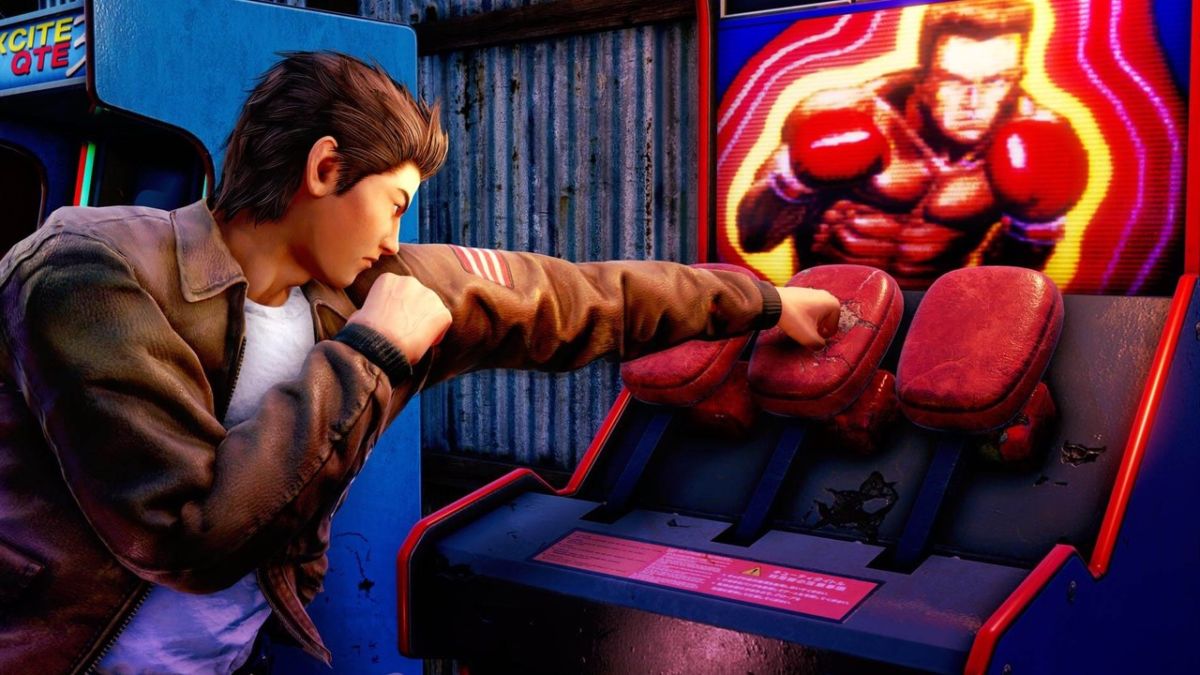
Developer: Ys Net
Publisher: Deep Silver
Platforms: PC, PS4
Blimey, where to start? Right, so that game that came out back in 1999, yep the one that was supposed to have twelve (yes twelve) entries into its series. Yep, the one that had a cliffhanger ending at the end of the second game and didn’t follow it up. Well, in 2019, that cliffhanger was resolved and we finally got Shenmue 3. We wished Ryo had stayed hanging.
Shenmue 3 featured the same style of gameplay from those first two games. I don’t think there are many gamers who have an issue with developers keeping a style of gameplay going for the sake of nostalgia. But those games were designed at a time that most controllers only had one analogue stick, making for a difficult and awkward experience. Shenmue was also a semi-open world game, not common at the time, so we can excuse some of its issues.
But with games like Yakuza mimicking Shenmue’s gameplay, and building upon it to make it a fluid experience for modern gaming, Shenmue 3 immediately felt dated and old. What’s worse, the developers seemingly assumed that they’d be continuing with this 12 game long epic and Shenmue 3 didn’t even wrap up the story, instead we got yet another cliffhanger. Thanks, but I’m not waiting around until 2038 for Shenmue 4.
4. Spore

Developer: Maxis
Publisher: Electronic Arts
Platforms: PC, Mac
It feels a little odd to describe Will Wright, creator of The Sims and SimCity franchises, as a ‘rockstar game developer’, but that’s sort of what he was. Stick his name on the box and you’d be sure to arouse interest from building game enthusiasts. This is why, after making two of the biggest franchises in the build-em-up genre, people were intrigued about his latest venture.
It sounded ambitious: a game where you start as a single celled; organism, and then eventually evolve to being a land-creature of some sort. It would then become an almost survival game, helping your tribe survive the harsh world. Then, after evolving further, you could build buildings and cities, eventually blasting off into space to colonise further. It was a game that sounded too good to be true.
And, sadly, it was. While Spore actually received praise across the board, it would release with many of its originally planned stages removed from the game. It was still a fun title, there’s no denying that, but the game lacked the scale that Wright had originally hoped for. Following Spore, Wright would leave developer Maxis and has not released another game as of 2020. He is, however, working on a game called Proxi, although little is known about it.
5. Aliens: Colonial Marines
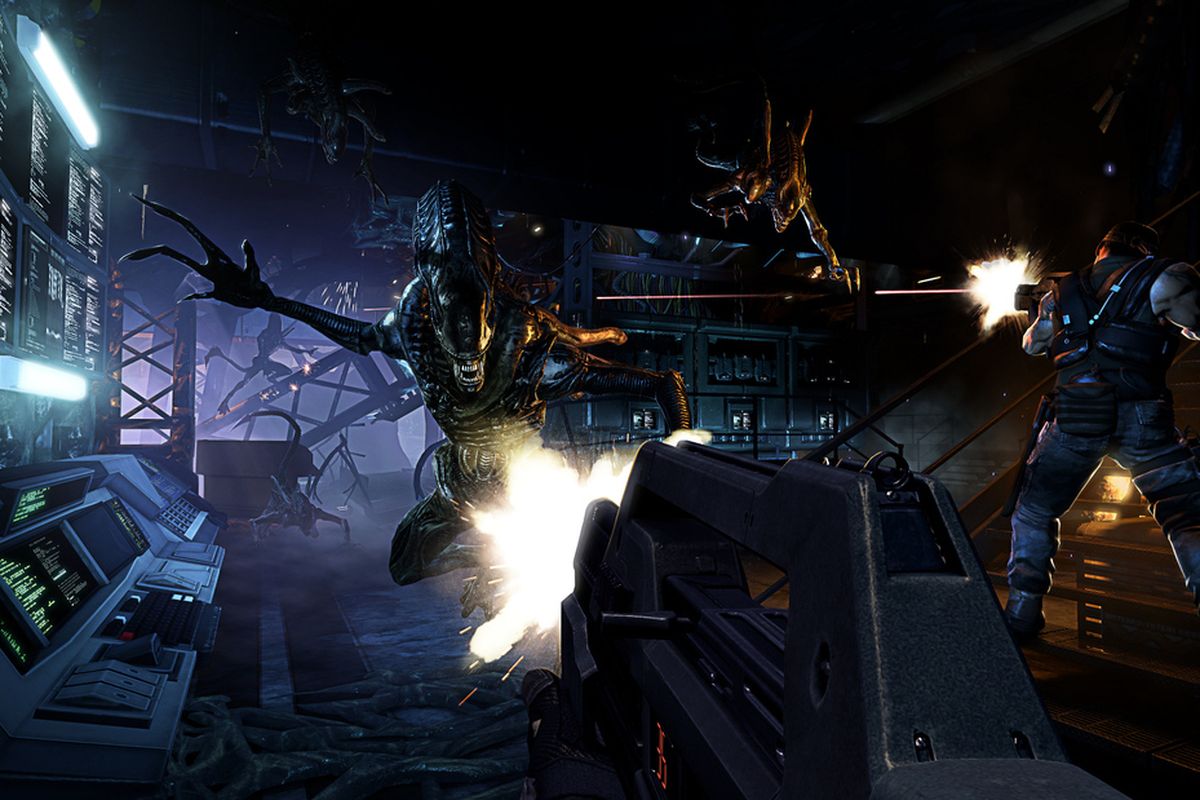
Developer: Gearbox Software
Publisher: Sega
Platforms: PC, PS3, Xbox 360
It’s hard to find much information on the early versions of Aliens: Colonial Marines. Googling only really brings up information on the Gearbox led development of the game, which in turn led its 2013 release. The actual game had been in development much longer, and many recall seeing screenshots of an early, pre-Gearbox version of the game.
Unseen64, however, gives us a look into this cancelled PlayStation 2 title that was a collaboration between Fox Interactive and Electronic Arts. While many may argue it doesn’t have anything to do with the latter Gearbox title, I should point out that both games had storylines set around the same timeframe (in between the second and third movies) and also featured a plot of colonial marines investigating the missing Sulaco spaceship.
While Colonial Marines 2001 was cancelled, it certainly whetted the appetite of Aliens fans the world over, and many of us waited patiently for news of a new Colonial Marines game. This was met when Gearbox announced they were working on the game, but seemed to shift their focus to the Borderlands franchise, with Gearbox outsourcing development to TimeGate Studios.
When we finally received Aliens Colonial Marines, it was a fresh mess. I paid £2.99 for it from Game months after release and still felt ripped off. The broken AI was later found to be a typo in the game’s code, which just goes to show the lack of love afforded to Colonial Marines, leading it to becoming a huge let-down.
6. Resident Evil 3 Remake
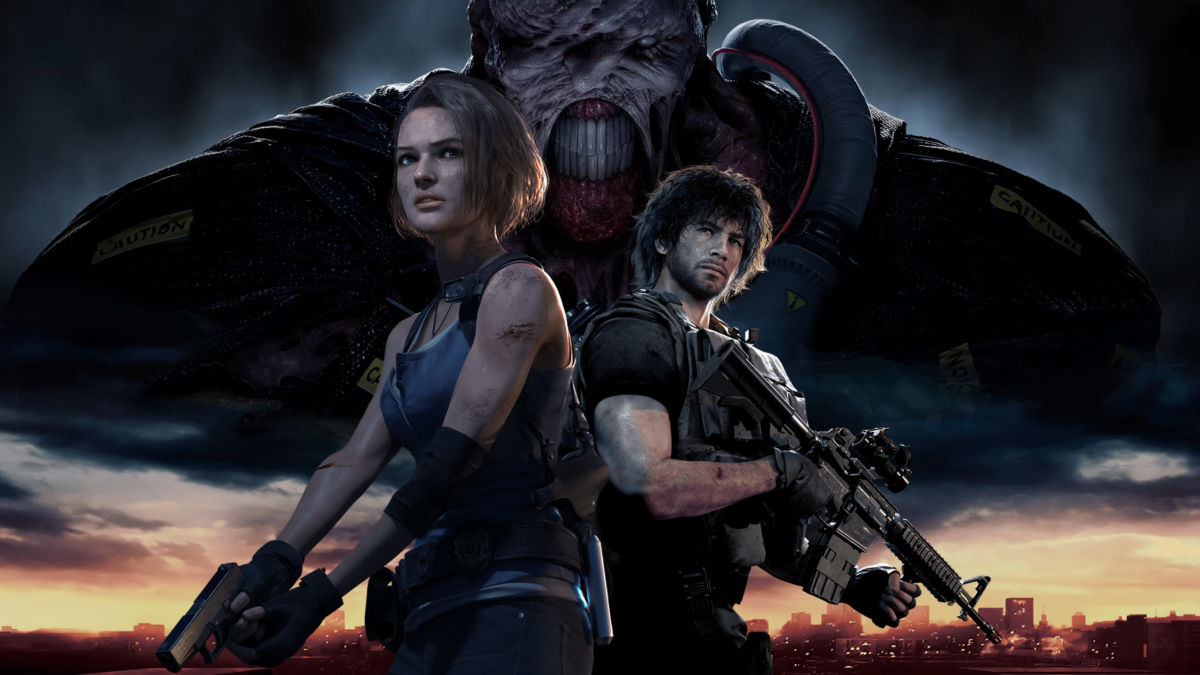
Developer: Capcom
Publisher: Capcom
Platforms: PC, PS4, Xbox One
One of the more recent titles on this list, and once again, it proves that not all games here are bad, but just are a let-down considering what came before. Frankly, the Resident Evil 2 Remake was an amazing game that not only paid homage to the original title, but built on that experience using modern game development to create a nostalgic, yet fresh experience. I must admit, though, that I was a little suspicious when Capcom announced the Resident Evil 3 Remake so soon after RE2 Remake.
Much like the original RE3, its remake feels like a disappointment in comparison to RE2. The Nemesis’ encounters felt far too scripted and much less organic than most encounters with Mr X, and the live selections from the original game were gone, too. Entire sections of the original were missing from the remake as well, which didn’t help the game’s criminally short completion time.
Capcom attempted to do a GTA Online and pad out the game with Resident Evil Resistance, a live 4v1 human vs monster survival that genuinely looked interesting, but it seems that no one really ever asked or cared for it. This, teamed with the exclusion of the series favourite Mercenaries mode, led to a lot of fans decrying the game, not long after lauding its predecessor.
7. Duke Nukem Forever
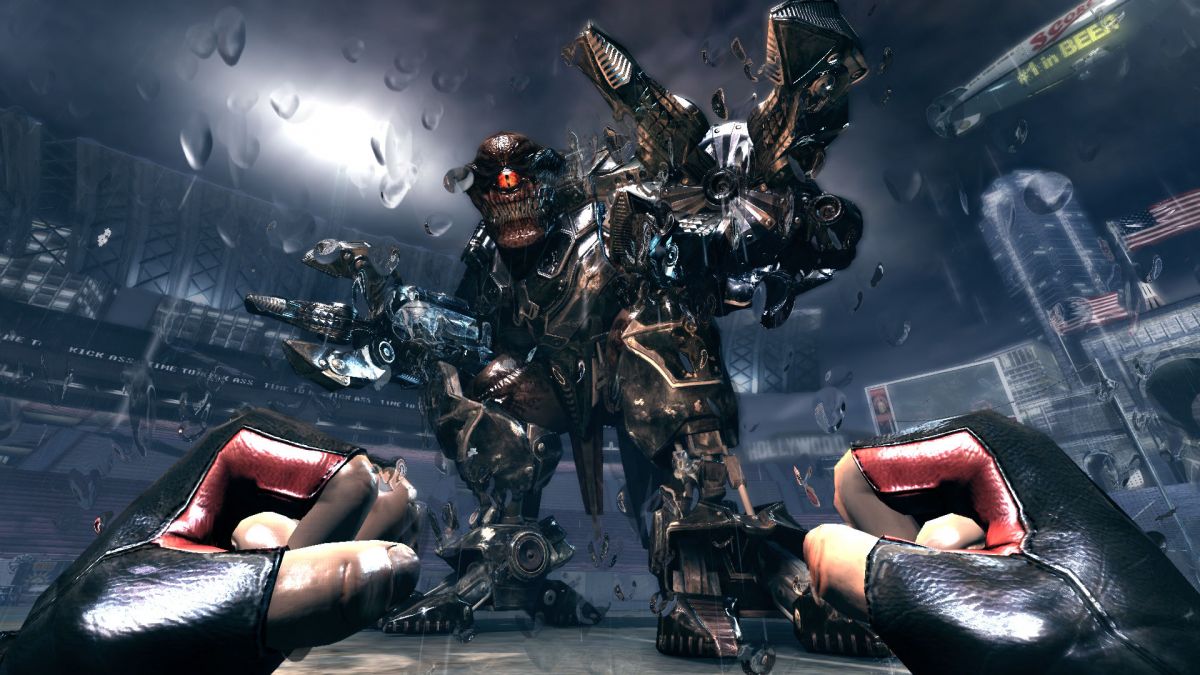
Developer: 3D Realms, Gearbox Software, Piranha Games
Publisher: 2K Games
Platforms: PC, PS3, Xbox 360, Mac, OnLive
Let’s face it, while the good Duke fancied himself as a funny, yet mature first person shooter for adults, it was in fact fodder for pre-pubescent teenage boys. The overly macho Duke Nukem himself killing aliens and rescuing ‘babes’ was, to be honest, pretty standard fare for the 90s, and while I do mock it, Duke Nukem 3D was a solid game. Then dropped the Duke Nukem Forever trailer in 2001, and, in all fairness, it was one of the best video game trailers I’d ever seen. In fact, it’s just as impressive today, over 20 years later.
But despite the impressive trailer making Duke Nukem Forever look outstanding, it’s important to remember that DNF was originally stated as releasing ‘no later than mid-1998’. One of the key reasons that Duke Nukem Forever was in development for so long was down to the sudden increase in FPS technology. 3D Realms co-owner George Broussard wanted DNF to be groundbreaking. But with the likes of Valve pushing the boundaries of what FPS games could be with Half-Life and its sequel in 1998 and 2004 respectively, the DNF development team were always on the backfoot.
After working on the game for years, parts of the game engine needed to be rewritten in 2002, leading to around 95% of previous level design work needing to be scrapped. But Broussard still claimed the game was 2 years away. 2 years later, the team swapped to the Doom 3 engine. Eventually, publisher Take-Two, holders of the Duke Nukem publishing rights, filed a breach of contract lawsuit against 3D Realms for failing to produce the game. Things got messy, and we’d eventually get DNF from Gearbox and 2K Games.
Was it worth the wait? Only if you enjoy dated FPS gameplay, casual sexism and drawing with your own feces. 15 years of development for this? Really?
8. No Man’s Sky
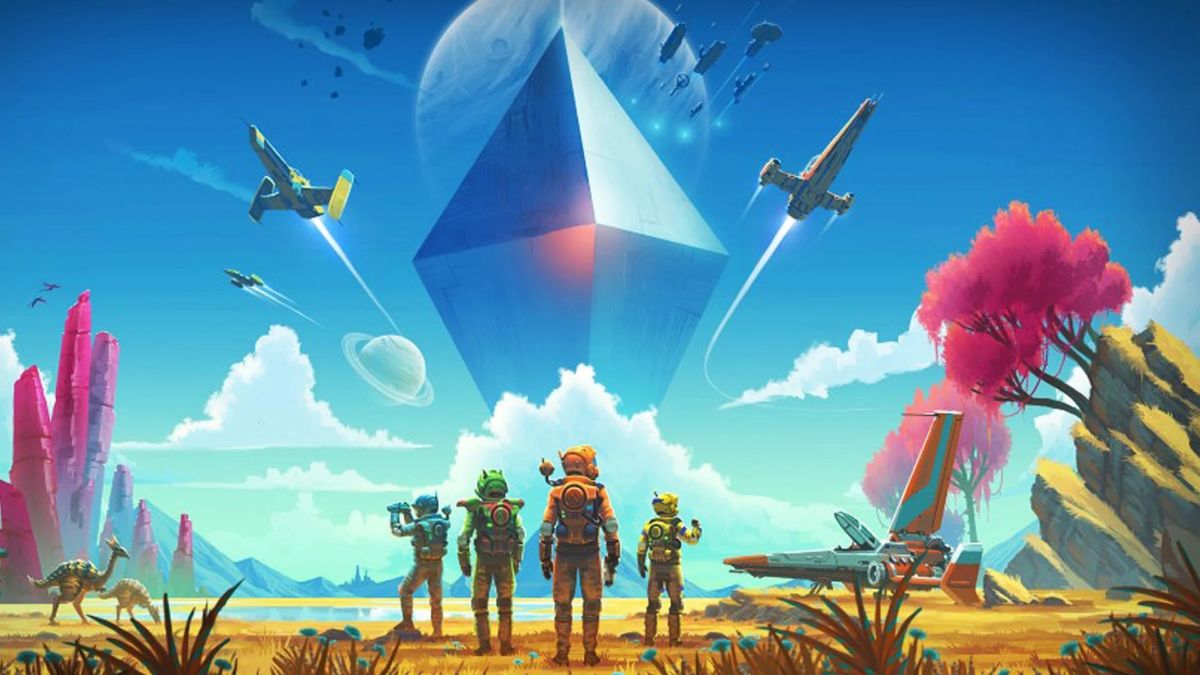
Developer: Hello Games
Publisher: Hello Games
Platforms: PC, PS4, PS5, Xbox One, Xbox Series X/S
I have purposefully avoided writing about No Man’s Sky, as there’s little I can add to what has already been said by everyone. So, in case you’ve forgotten: Hello Games, previously known for the Joe Danger franchise, decided to try something a little more ambitious and created a crafting and exploration game. According to Hello Games, the game would feature millions of procedurally generated worlds alongside generated creatures, factions, co-op play, and huge space battles. Some wondered if it was promising too much.
And it was! Hello Games’ co-founder Sean Murray stoked the fires of excitement as he went full Molyneux (never go full Molyneux) and over-promised the features that No Man’s Sky was offering. It didn’t help that the excitement of the scope that NMS was offering got serious media traction, and suddenly Murray was all over the TV schedules promoting his game. When NMS was released, it worked but was lacking many of the promised features, and also didn’t look as good as its pre-release trailers.
Within a few days, two players found themselves in the same place in the galaxy, but couldn’t see one another. Space battles and factions didn’t exist and the game was panned by critics and fans alike. In Hello Games’ defence, they went quiet after release and focussed on updates. Fast-forward to today and No Man’s Sky is one of the best crafting and exploration games available.
9. SimCity
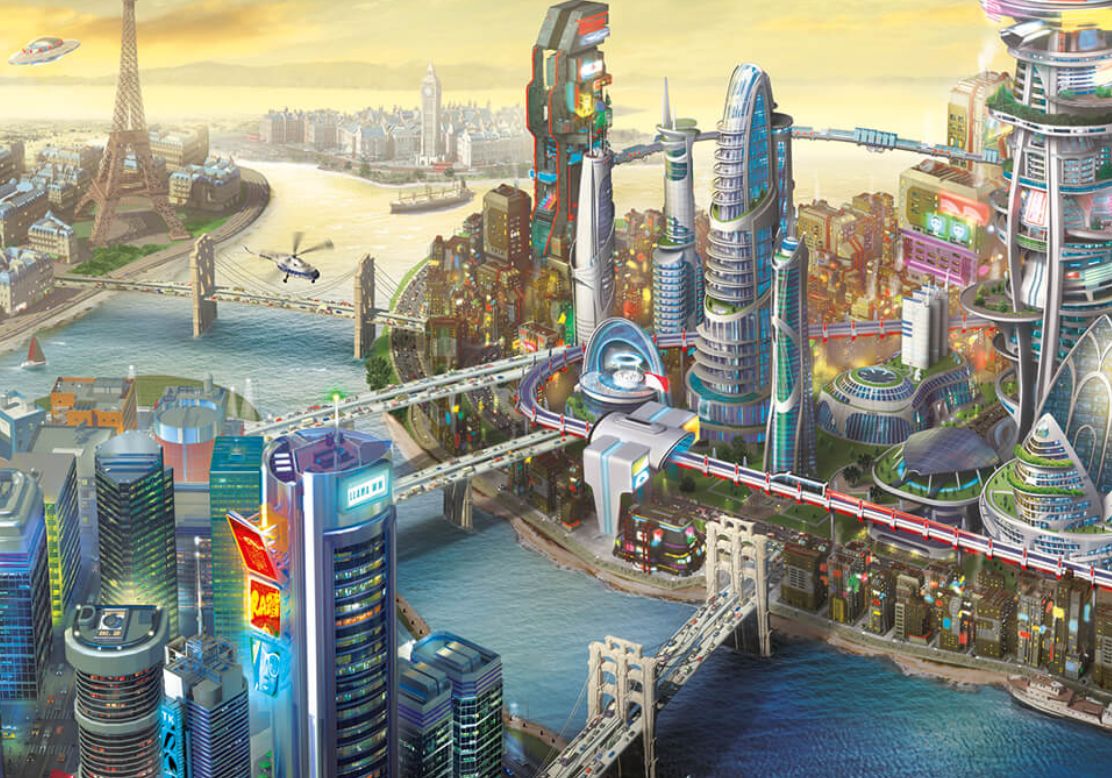
Developer: Maxis Emeryville
Publisher: Electronic Arts
Platforms: PC, Mac
The second entry on this list from Maxis, SimCity was a landmark city building game first released in 1989 that saw a sequel in SimCity 2000 four years later. However, while further sequels were good, they didn’t provide as much of a technical leap as the second game did to the original. Each title progressed the game ever so slightly, so it was understandable that Maxis wanted to take a break from the SimCity series following 2003’s SimCity 4.
It would take a decade for another full-fledged SimCity game to arrive, and it would eventually come in 2013’s reboot of sorts SimCity. Maxis, with their lineage of creating Sims games, some good and some not so great, was expected to knock it out of the park with their once genre defining series. Trailers previewed familiar gameplay but with a modern twist and SimCity was shaping up to regain the crown of the king of the city builders. For years, city building fans like myself had to put up with cheap knock off such as CitiesXL and City Life — this game could not fail.
But pride comes before a fall and few games have fallen quicker or harder than SimCity. For a start, the game was always online, and publisher EA claimed the game was built to work online and simply wouldn’t function offline. One week later, an offline fan patch was released and the game still worked fine. Servers failed to account for the amount of players at launch and SimCity was rendered unplayable for many, myself included. Those who could play found that the maps were significantly smaller than SimCity 4, possibly even smaller than the 1989 original. Save game corruption was the cherry on top of the poop-cake that was SimCity. I restarted several times, but each time my save would be eventually lost.
I haven’t touched the game since its 2013 release, but then again I didn’t have to, as Paradox Interactive published Cities: Skylines in 2015, a SimCity spiritual successor and a superior game in almost every way.
10. Watch Dogs
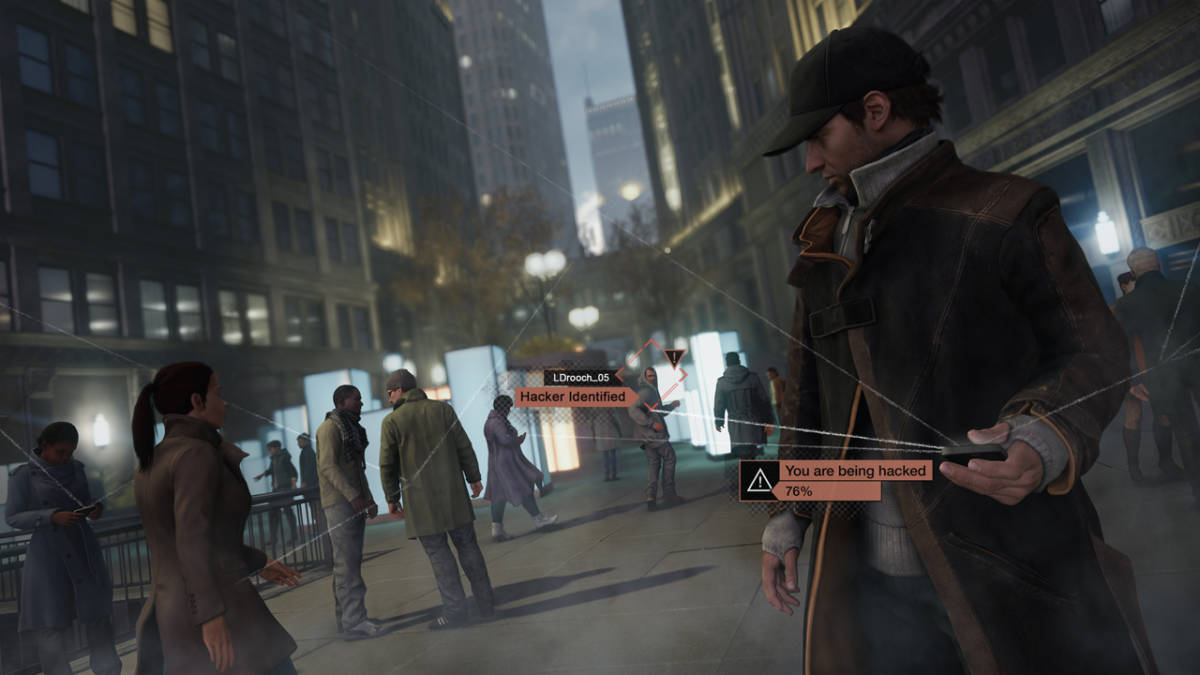
Developer: Ubisoft Montreal, Ubisoft Toronto
Publisher: Ubisoft
Platforms: PC, PS3, PS4, Xbox 360, Xbox One, Wii U
We seem to fall for it every time, don’t we? Gameplay, graphics and overall presentation that look too good to be real, too smooth to be an actual game. You all know what I’m talking about, that infamous E3 gameplay video which allowed Ubisoft to show off Watch Dogs’ next gen graphics, while also displaying its silky smooth gameplay, seamlessly hacking into people’s phones, causing car accidents by hacking traffic lights and so on. It looked seriously cool, and I for one was hooked immediately.
When the game was released two years later, things didn’t look right. The graphics had been seriously downgraded, still impressive, but not what they’d shown two years prior. Bizarrely, despite the obvious difference, Ubisoft refuted claims that the graphics had been changed at all. Also, while the game wasn’t bad, it just wasn’t overly fun to play. It was a standard, if a little dull, open world adventure with hacking, another feature which wasn’t particularly innovative or smooth to perform. I recall spending way too much time standing in a car park hacking CCTV cameras, for some reason.
Bizarrely, modders later discovered Watch Dogs’ advanced graphical features hidden away in the PC version of the game. Activating these allowed players to play the game looking just like it did back in 2012, thus proving that Ubisoft had downgraded the graphics, but then decided to lie about it. Ubisoft later clarified that a downgrade had happened, and this was due to Watch Dogs entering development before knowing the full hardware capabilities of the eighth generation of consoles, leading to a downgrade when Watch Dogs couldn’t run in its previewed state.
11. Daikatana
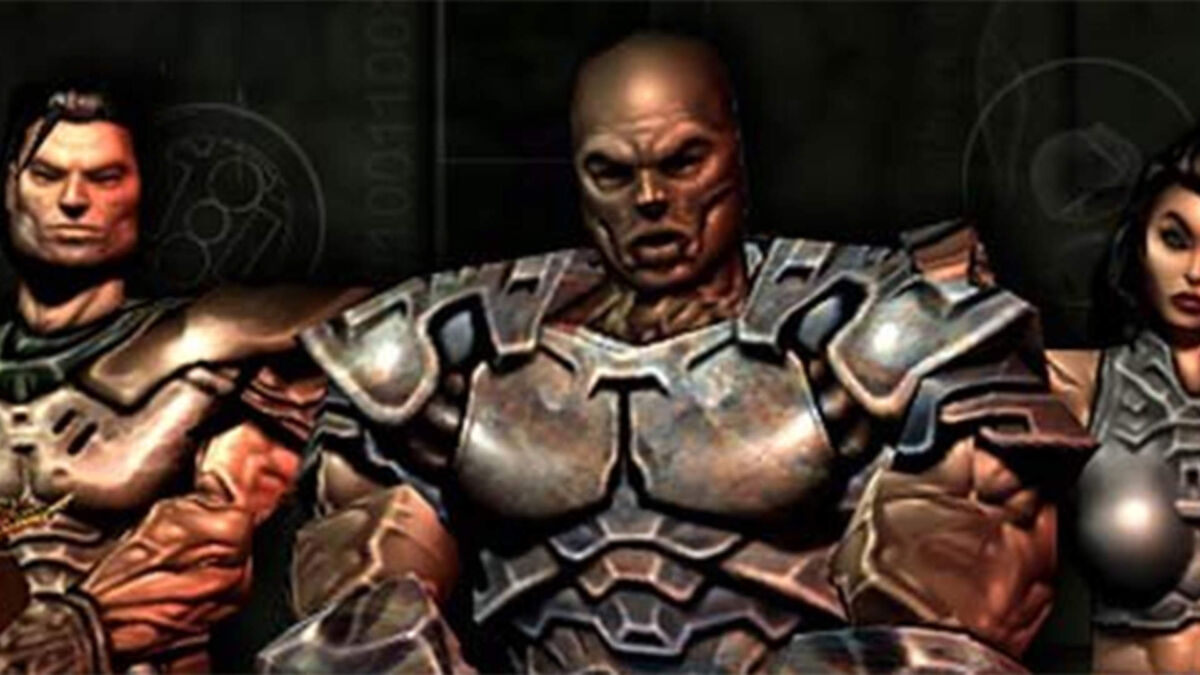
Developer: Ion Storm
Publisher: Eidos Interactive, Kemco (N64)
Platforms: PC, N64
I already referred to Will Wright as a ’90s rockstar game developer’, and that wasn’t necessarily true. However, it was in the 90s that many games became associated with their lead developers. It was common to see the likes of Sid Meier’s Simulator or Something, or maybe even American McGee’s Grand Disappointment or such. But when you talk about rockstar game developers, there’s always one name that pops up: John Romero. He isn’t your classic game development nerd, as you’ll find no short back and sides, no thick rimmed glasses or Fruit of the Loom shirts. This guy had, now get this, long hair. He may have worn jeans to work too. Rebel.
But it wasn’t the way he dressed or his rebellious attitude that made Romero so very cool. At a time when games were often about cute colourful mascots running through multicolour happy levels, John Romero made a horror game about shooting demons from hell in the face. He made Doom.
In the 90s, Doom was undeniably cool. It was the reason that every game in the first person shooter genre was largely known as ‘Doom games’ for much of the decade. People were interested in what Romero was going to do next, and that game would be Daikatana. Like Duke Nukem Forever, Daikatana was scheduled for a 1998 release, but an upgrade from the Quake Engine to the Quake 2 Engine resulted in delays.
Daikatana is known more for its bizarre and edgy promotion that didn’t focus on the game itself. Instead, we got a poster with the words ‘John Romero is going to make you his bitch’ on it. The game was finally released in 2000, and did we get made into John’s bitches? Yes we did, not because the game was hard, or even good, but because of the huge amount of glitches, bugs and poor A.I. Critics slated it and by July of that same year it had sold only 8,190 copies, a sales disaster.
John Romero hasn’t designed anything as iconic as Doom to date, but I will always give a shout out to his 2001 title Anachronox.
12. The Bouncer
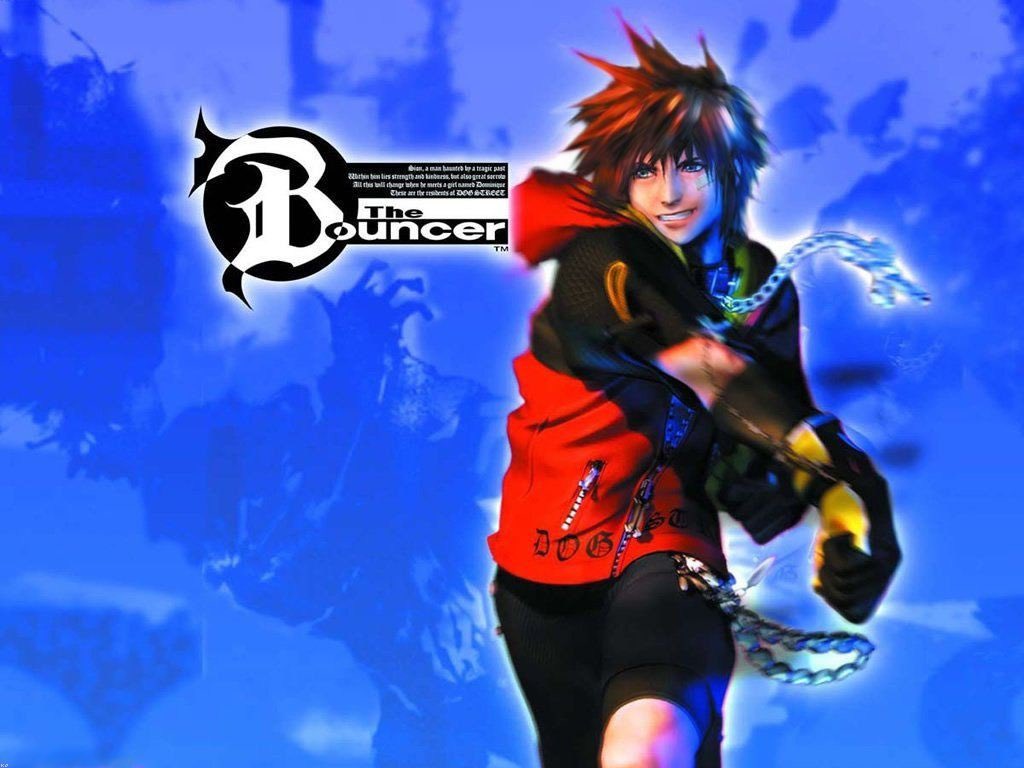
Developer: Square, DreamFactory
Publisher: Squaresoft, Square EA, Sony Computer Entertainment
Platforms: PS2
The original PlayStation changed how everyone, gamer and muggle alike, viewed video games. Suddenly they weren’t just children’s toys, it was entertainment to be enjoyed by all ages.
Previously, gaming was seen as a slightly nerdy practice. Now, it was downright cool, and helped in no small part by Squaresoft’s groundbreaking RPG, Final Fantasy 7. You may have heard of it.
The original PlayStation changed the gaming industry itself, meaning that the Playstation 2 would need something special to be as equally as impressive. Sony and Squaresoft teamed up and the first Playstation 2 game would be announced, the original title The Bouncer, a beat-em-up that would take full advantage of something Sony was calling ‘The Emotion Engine’. At the time, there was an expectation that the Emotion Engine would make gamers ‘care’ for the characters they played as and would convey emotion as good as any movie or piece of art.
In the end, the Emotion Engine was nothing more than Sony’s fancy CPU which it used in PlayStation 2 and early PlayStation 3 units. The Bouncer, on the other hand? Well, while it wasn’t bad, it certainly was forgettable and overshadowed by other PlaySation 2 launch titles, and It didn’t help that the game also arrived late to the console. Reviews for The Bouncer were mixed and the game has been forgotten by all but the most dedicated fans.
13. D2

Developer: Warp
Publisher: Warp, Sega
Platforms: Dreamcast
D2 was a sequel to cult Sega Saturn games The D and Enemy Zero. While not a traditional trilogy, they are all linked because they use the same ‘digital actress’ named Laura. I have a very odd story about this game, and one that I have been unable to find any information about online. But I recall the following from a gaming magazine back in the 90s. When designer Kenji Eno demoed D2, he did so by also serving his homemade curry to the press. Then during the demo, the main character glitched through the floor of a level, and Eno dashed forward and hastily switched off the console.
Despite this unconfirmed snafu, D2 looked pretty exciting. Originally announced for the cancelled 3DO console follow up called the Panasonic M2, it was eventually switched to the Dreamcast and was due to be a debut title for the console. This was mostly down to D2’s use of large outdoor environments, a rarity in games of the 90s. Many of the demos showed Laura running around a large, snowy wilderness and being attacked by alien tentacles.
When D2 finally landed, it did so with a bit of a thump. It received generally good reviews, but the few environments that we saw in the demos were all that ended up in the final game. The pacing was slow and the game used a strange, almost Parasite Eve style combat engine. Laura had to stop and shoot while standing still to gain experience points, an interesting concept, but one that slowed down exploration. Kenji Eno would sadly pass away in 2013, aged only 42.
14. Jurassic Park: Trespasser
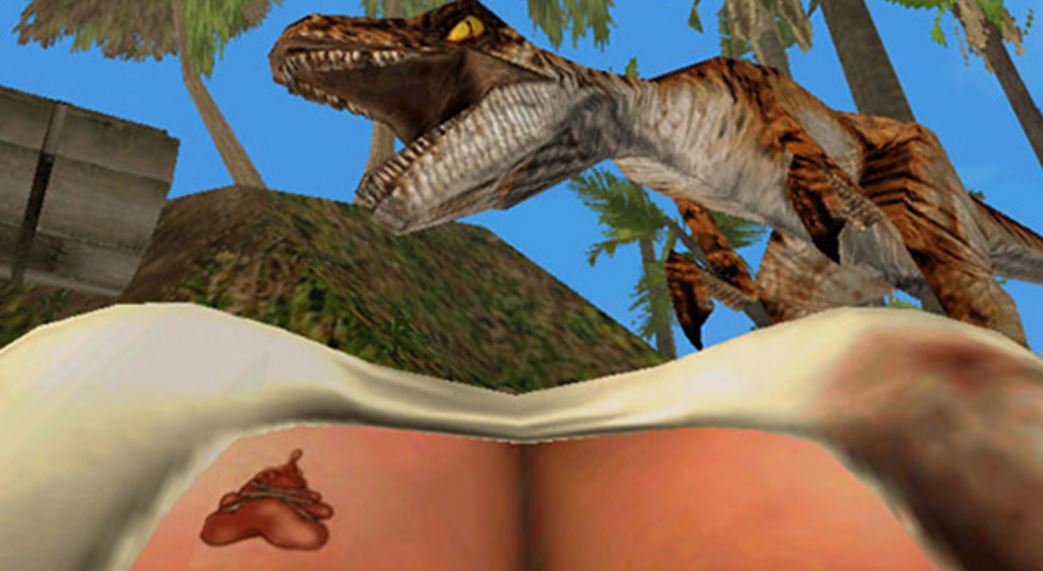
Developer: Dreamworks Interactive
Publisher: Electronic Arts
Platforms: PC
I adore talking about Trespasser. Much like D2, Trespasser would attempt to create large, outdoor environments. These simply hadn’t been attempted prior to Trespasser, and the development team didn’t really know how to implement them. As I’ve got older, I have realised more and more what an ambitious project this was. Only a few years prior we were running around cramped corridors, fighting demon sprites in Doom.
Now we’re running around a huge abandoned research facility filled with polygonal dinosaurs. It was also one of the first times that I’d been face to face with huge 3D enemies on screen, and facing off with the likes of the T-Rex was truly a daunting experience. But for all its innovation, it failed to hit the mark by miles. The weird ‘hand physics’, where you control the protagonist’s right hand with your mouse, was quite rightly mocked in Surgeon Simulator, and that just goes to show how frustrating Trespasser could be.
There were plenty of good ideas on show, but many didn’t make it into the final game. One interesting feature saw dinosaurs having different ‘moods’, meaning if you could get past certain dinos without upsetting them and making them angry, you may have an easier time of it. Sadly that didn’t happen and the game shipped with the dinosaurs set to ‘maximum anger’. I know how they feel.
15. Silent Hill: Homecoming
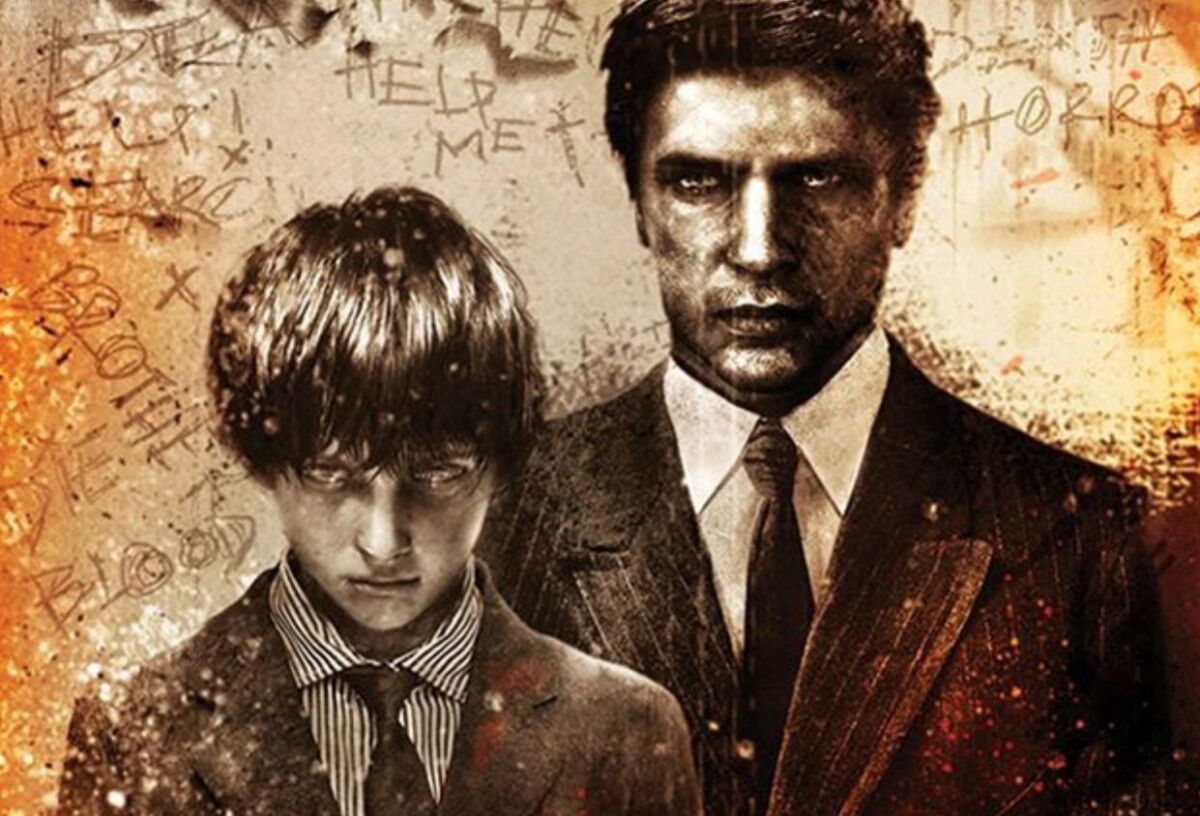
Developer: Double Helix Games
Publisher: Konami Digital Entertainment
Platforms: PC, PS3, Xbox 360
Many Silent Hill fans found the release of the fourth game in the series, subtitled The Room, to be a disappointment, following on from the superb trilogy. While The Room wasn’t on par with what came before, it is still a good game, one that fits into the Silent Hill canon well, and brings a lot of fresh ideas to the table. Most fans will now point at Silent Hill: Homecoming, as the biggest disappointment in the series.
Following on from Silent Hill 4, Konami elected to outsource the development of future Silent Hill games to outside of its native Japan. While the future looked promising for the series after the first outsourced title, the PSP’s Silent Hill Origins, received generally good reviews, fans were intrigued to see what the future held for their beloved franchise. Homecoming would be the next release, and despite positive reviews, it didn’t hit home with the series’ fanbase.
The protagonist was no longer an ‘everyman’ but a cliche troubled war veteran, one who could handle himself against Silent Hill’s otherworldly demons. While the overall presentation was fine, and Akira Yamaoka’s score was a welcome addition, the overall gameplay just didn’t sit well with the fanbase. Many SH fans see Homecoming and the beginning of the end of the grand franchise, with following releases in the series being met with either ambivalence or sheer derision.
16. Metal Gear Solid 2: Sons of Liberty
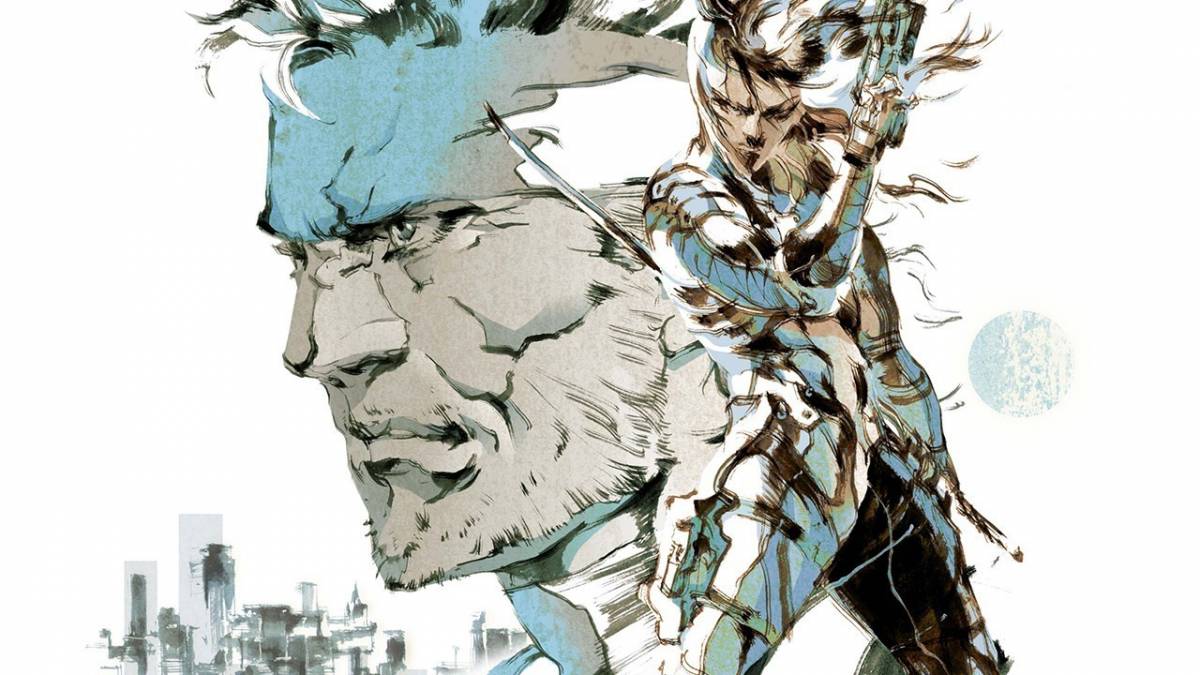
Developer: Konami Computer Entertainment Japan
Publisher: Konami
Platforms: PS2
While Metal Gear Solid may have actually been the fourth game in the series, neither me or any of my school friends had been aware of the Metal Gear games before it. While it was a big hit in its native Japan, it wouldn’t be until Metal Gear Solid that the series would enter the mainstream consciousness, and boy would it enter. Seemingly overnight, MGS spearheaded the popularity of the ‘stealth game’, a genre that existed before, but hadn’t had a hit as big as this.
The series would lay the groundwork for the likes of Hitman, Splinter Cell and Assassin’s Creed, but in the 90s fans hungered for a sequel. An epic movie-style trailer was released for the Playstation 2 sequel and featured on various Playstation demo discs. Never before had video games looked so cinematic, and we got to see lots of Solid Snake doing his thing in the trailer and various pre-release material.
Imagine the surprise of MGS fans when they finally got their hands on Metal Gear Solid 2, and realised that Solid Snake barely features in the game at all. Instead players are handed control of newcomer Raiden. Fans were pretty disappointed that they weren’t playing as the character they all loved and had previously assumed would be the lead protagonist. MGS 2 is still a very good game, but one that left a slightly sour taste in some gamers’ mouths.
17. Mighty No.9
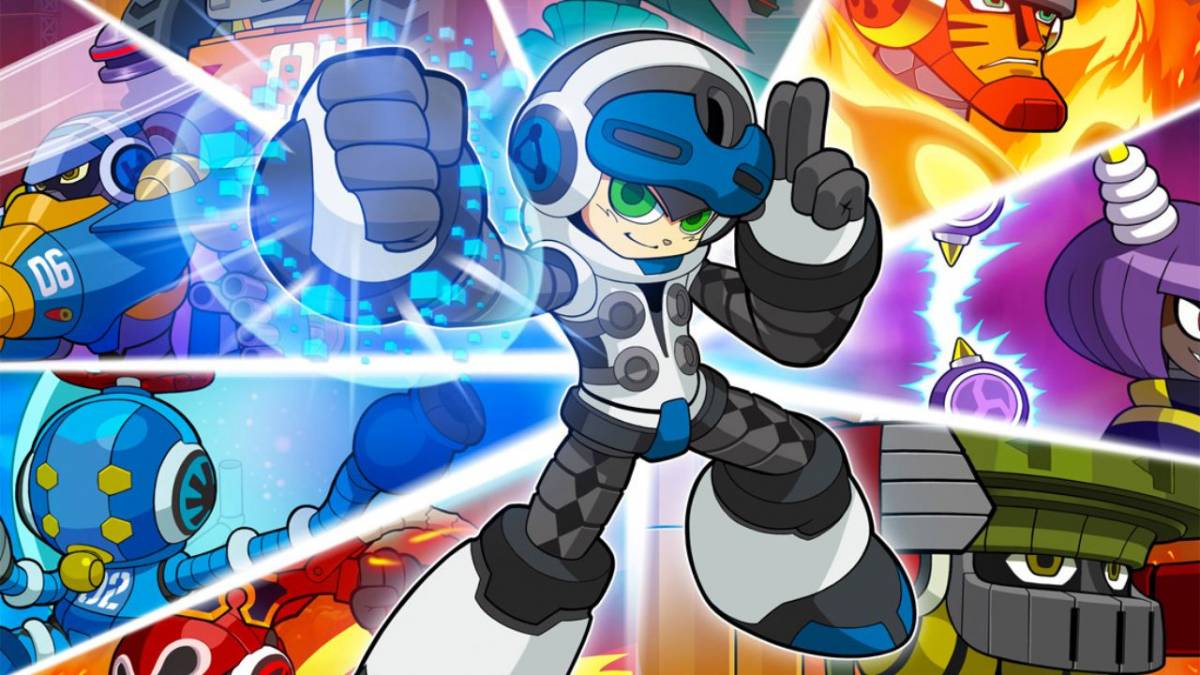
Developer: Level-5 Comcept, Inti Creates
Publisher: Deep Silver, Spike Chunsoft
Platforms: PC, PS3, PS4, Xbox 350, Xbox One, Wii U, Mac, Linux
“Mega Man? Nope never heard of him. The hit game series that spanned multiple consoles and generations? You must be mistaken. You should stop asking about him, and thinking about for that matter. Don’t Google it, actually best just forget all about Mega Man.”
– Capcom (probably)
I kid, but I totally understand the frustration of Mega Man fans. It seems that Capcom did its best to forget about the little blue guy for the last two decades. While the core series may be up to its eleventh entry, only three of those games have come in the last two decades. Fans were eager for more following on from Mega Man 10 in 2010, and despite being ‘modestly pleased’ with Mega Man 9 and 10, no sequel seemed to be forthcoming, and fans assumed that their favourite overlooked mascot had finally been forgotten.
So you can imagine Mega Man fans’ delight when long serving series mainstay, Keiji Inafune, announced a spiritual successor to Mega Man, which would later be successfully crowdfunded. He’d started out as an artist on the very first Mega Man game, before becoming a producer on Mega Man 8 in 1996. He’d go onto produce several well received Mega Man games, including the much lauded Mega Man Legends.
Then you can also imagine Mega Man fans when they finally got their hands on that successor, and found out it was just bad. Yes, the modern 3D graphics with 2D platforming mixture just didn’t sit well with fans of the 2D classic games. On top of that, fans had become upset with continual delays, poor communication with the developers and in some cases, broken game codes.
Also, to rub salt in the wounds, it seemed that Capcom had taken note of the excitement surrounding Might No.9, as Mega Man 11 was released in 2018 to acclaim.
18. Cyberpunk 2077
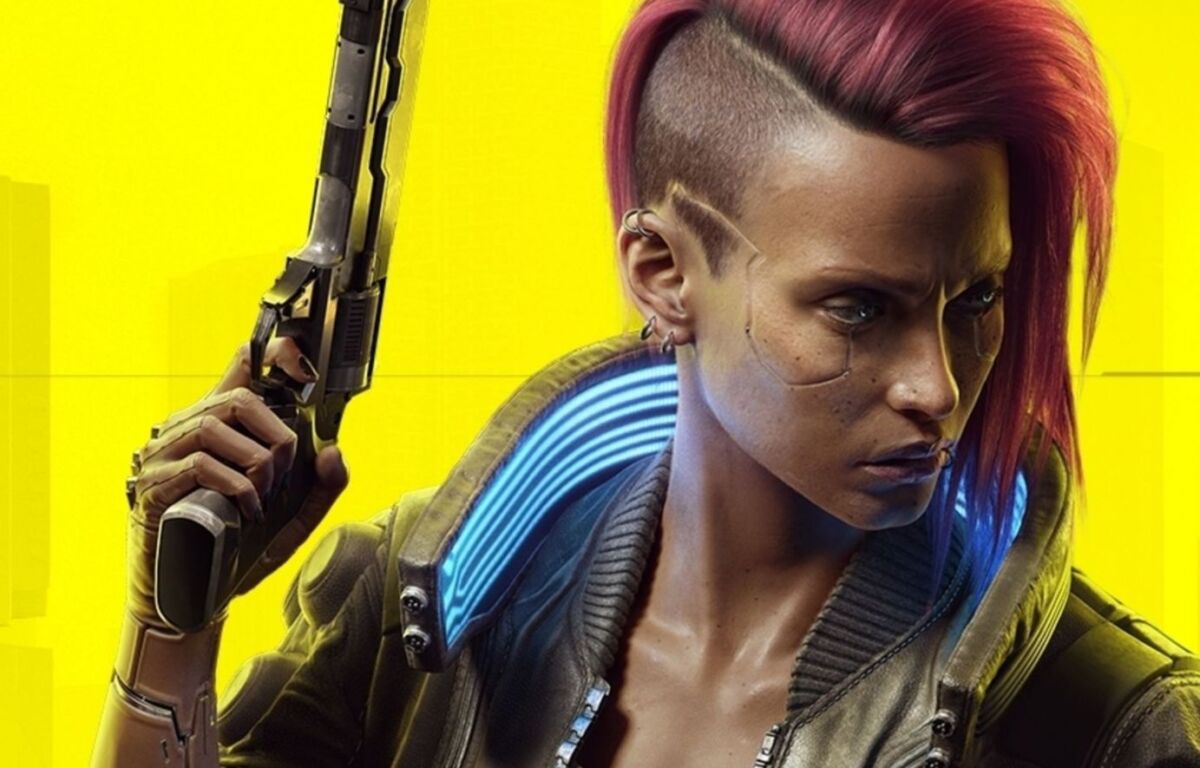
Developer: CD Projekt Red
Publisher: CD Projekt
Platforms: PC, PS4, Xbox One
You were all waiting for this, it’s the biggie: Cyberpunk 2077. I could leave it there and I’m sure you’d all totally understand, but let’s dig in.
It’s been 84 years (or it feels as much) since CD Projekt Red announced Cyberpunk 2077 in that spectacular trailer with the future lady with the stabby arms being shot by police. Even though we didn’t see anything of the game itself, everyone seemed excited.
That’s understandable, as CD Projekt Red’s projects had been improving with each release of their core franchise, The Witcher. The hype build for Cyberpunk was slow and very laboured, but boy did it get more and more exciting with each glimpse of new information. Then we got the Keanu Reeves announcement and who doesn’t love Bill from Bill & Ted? Then the delays came, and while they were annoying, they just seemed to build the hype more and more.
Cyberpunk was always going to struggle to live up to the freight train of hype that was rumbling towards players, but boy who’d have predicted that it’d fall so hard on its augmented face? Following its much delayed launch late last year, Cyberpunk was met with many, many bugs, some quite basic, some frankly hilarious, such as vanishing clothes. It even had more serious bugs, such as save games being corrupted.
It was also very poorly optimised, which while many are confident that CD Projekt Red will fix, many more say that it shouldn’t have been released in this state at all. The city feels flat and uninteresting and the lack of a A.I for many of the generic NPCs makes the whole city feel false. GTA V created what felt like a living, breathing city and that was released seven years ago.
Those were some of the games that disappointed gamers, but do you have a personal disappointment (gaming, not like, kids or job)? Let us know in the comments below.
READ NEXT: The Best Indie Games of All Time
Some of the coverage you find on Cultured Vultures contains affiliate links, which provide us with small commissions based on purchases made from visiting our site.
